A Decade of Open Government Reforms in Italy
Italy joined the Open Government Partnership (OGP) in September 2011. The third largest country in the European Union (EU) by population and economy, Italy had one of the highest rates of corruption perception in the EU, while its access to information law (dating from 1990) was among the weakest in Europe. Italy has submitted five action plans since joining OGP, demonstrating progressive improvements with each plan to how the government engaged civil society in its open government reforms.
Italy will host the OGP Europe Regional Meeting this month, where the country will officially end its term as government co-chair of the OGP Steering CommitteeThe Steering Committee is OGP’s executive decision-making body. Its role is to develop, promote and safeguard OGP’s values, principles and interests; establish OGP’s core ideas, policies, and ru... and pass on the role to the Government of Estonia. What follows is a look back at Italy’s major reforms over the years and explore what the future holds.
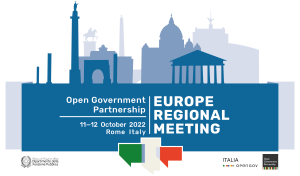 Europe Regional Meeting
The OGP Europe Regional Meeting will take place on October 11-12, 2022 in Rome, Italy.
Europe Regional Meeting
The OGP Europe Regional Meeting will take place on October 11-12, 2022 in Rome, Italy.
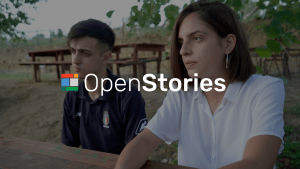 Alessandra Fights for Her Community
In Italy, the use of EU funds has long been mismanaged. With OpenCoesione and its school program “A Scuola di OpenCoesione”, thousands of students are learning how to monitor EU…
Alessandra Fights for Her Community
In Italy, the use of EU funds has long been mismanaged. With OpenCoesione and its school program “A Scuola di OpenCoesione”, thousands of students are learning how to monitor EU…
Tracking Public Spending
Italy launched its first action plan (2012-2013) at the first OGP Global Summit in Brasilia, Brazil. Led by the Department of Public Administration (DPA), the first action plan featured commitments to improve the transparency of public administration, strengthen anti-corruption regulations, increase open data, and support citizen participation. A major achievement of the action plan was the launch of the OpenCoesione portal. The portal provides public access to high-quality data on the level of implementation of projects funded by the EU’s Cohesion Policy and by Italian national funds. Despite being one of the largest recipients of Cohesion Funds, their distribution had long been a source of corruption and mismanagement in Italy, particularly in the country’s south. OpenCoesione remains a critical tool for citizens to monitor public spending and identify cases of its misuse. As of 2022, the portal includes information on nearly 1,800,000 projects, worth €107 billion in funding. In 2013, Italy created “A Scuola di OpenCoesione” (ASOC), OpenCoesione’s school program. ASOC has educated thousands of students on using OpenCoesione to monitor EU-funded projects in Italy.
Italy improved its co-creation process in its second action plan (2014-2016). The DPA developed the first action plan without any public consultations, but held focus groups with civil society and public institutions to develop the second plan. The biggest achievement from the commitments was the introduction of the web platform“Follow the Money” (SoldiPubblici), which allows citizens to monitor public expenditures by all national and local government agencies. SoldiPubblici was linked toSIOPE, a database created in 2014 with data on the transactions made by all public agencies. Citizens made more than 1.5 million queries through SoldiPubblici in the first 30 days of its activities.
Deepening Reforms, Strengthening Co-Creation
The first two action plans were learning experiences for Italy. Reformers used the third action plan (2016-2018) to institutionalize stakeholder participation in the OGP process. In 2016, the DPA established the Open Government Forum as Italy’s first permanent consultation mechanism within OGP. Over 50 people representing civil society organizations, academia, the private sector, and associations participated in the forum during the co-creation processCollaboration between government, civil society and other stakeholders (e.g., citizens, academics, private sector) is at the heart of the OGP process. Participating governments must ensure that a dive.... As a result, Italy made commitments on a wider range of topics, including national priorities like freedom of information, lobbyingLobbying transparency allows the public to ensure that there is diversity of participation and contribution to public decision-making. Technical specifications: Policies and actions affecting lobbying... transparencyAccording to OGP’s Articles of Governance, transparency occurs when “government-held information (including on activities and decisions) is open, comprehensive, timely, freely available to the pub... More, and whistleblower protection.
There were several notable achievements from the action plan. Following the passage of the Freedom of Information Act in 2016 (a major milestone in information transparency in Italy), the National Anti-Corruption Authority (ANAC) published guidelines to help civil servants comply with the law and began monitoring compliance. A number of commitments helped consolidate Italy’s fractured open data landscape, particularly for public investment projects (OpenCuP),the education system, and public tenders. ANAC launched an online platform for whistleblowers to report professional misconduct, resulting in an increase in the number of submitted reports, and the Ministry of Economic Development established a public register of lobbyists and the agendas of directors.
Thinking Globally, Acting Locally
Italy’s profile in OGP grew considerably both domestically and internationally during the third action plan. In 2017, Italy was elected to serve on the OGP Steering Committee for a three-year term. Italy hosted Open Administration Week (“Settimana dell’Amministrazione Aperta”) in March 2017, which later inspired OGP’s Open Gov Week, an annual global event. The first edition of Open Administration Week was a resounding success, with 241 initiatives organized across the country and over 20,000 participants. Today, Italy continues to play an important role during Open Gov Week, hosting dozens of events each year around the country dedicated to open government.
As Italy’s involvement in open gov grew nationally and internationally, Italian municipalities began participating in the national OGP process by including their own commitments in the third action plan. Notably, Rome organized innovative participatory budgeting for citizens to prioritize investment worth 17 million euros, while Bologna engaged more than 1,700 citizens in the selection of investment projects. Other local government initiatives were carried out during Open Administration Week. For example, in Messina, citizens co-created a local open government action plan. Local governments continued their participation in Italy’s fourth action plan, including Milan, Rome, Messina, and Palermo, along with the regions of Puglia and Sicily. In 2020, Palermo became the first Italian municipality to join OGP Local and is currently implementing its first action plan (2021-2022) with commitments on green urban planning, participatory budgeting, public services, open contractingA transparent procurement process, known as open contracting, increases competition, improves public service delivery, and ensures governments better value for their money. Technical specifications: C... More, and citizen participationAccording to OGP’s Articles of Governance, citizen participation occurs when “governments seek to mobilize citizens to engage in public debate, provide input, and make contributions that lead to m... More.
Maintaining Momentum During Political Changes and a Global Pandemic
Italy’s fourth action plan (2019-2021) was the second plan created with the Open Government Forum. Despite delays due to political turnovers, there were more opportunities for civil society to participate in the co-creation process compared to the previous plans. The number of stakeholders in the forum grew to over 100.
The fourth action plan featured commitments from a variety of ministries and regional and municipal governments and included reforms on beneficial ownership transparency and lobbying regulation. Inspired by OGP’s Break the Roles campaign, Italy included cross-cutting activities on gender equality across several commitments, such as publishing a report assessing the impacts of the budget on women and men, in terms of money, services, time and unpaid work. Italy launched a portal for accessing government-sponsored public consultations, Consultazione.gov.it, and an open-source public consultation platform, Partecipa.gov.it. However, key commitments on beneficial ownership and lobbying regulation were unfulfilled due to lengthy legislative processes and political turnovers. Moreover, the COVID-19 pandemic pulled attention and resources away from OGP reforms. Nonetheless, the government added new activities to the action planAction plans are at the core of a government’s participation in OGP. They are the product of a co-creation process in which government and civil society jointly develop commitments to open governmen... in response to the pandemic, including programs to facilitate online learning.
Looking Ahead
Italy entered its second decade in OGP member with its fifth action plan (2022-2023). The plan features promising commitments around creating a national open government strategy, supporting whistleblowers, and facilitating access to information on public contracts. As a response to OGP’s Open Response + Recovery + Renewal campaign, Italy also committed to the public monitoring of the country’s National Resilience and Recovery Plan funds (“Italia Domani’’). The Open Government Forum has evolved into the “OGP Italy Community”, while a more structured multi-stakeholder forum is now governing Italy’s OGP process.
As a Co-Chair of the OGP Steering Committee, Italy will co-host OGP’s Europe Regional Meeting in October 2022, alongside Estonia, where European members will take stock of their OGP accomplishments and reflect on the road ahead. The regional meeting and Italy’s co-chairship come at a time of uncertainty in Europe due to the ongoing recovery from the pandemic, the fallout from Russia’s war against Ukraine, and an urgent need to renew trust in democratic institutions.
Italy has made significant contributions to the OGP community thus far, from pioneering Open Gov Week to implementing the OpenCoesione portal, which has influenced similar reforms in other countries. While it is difficult to predict what Italy can achieve in its second decade in the Partnership, we have seen the country progress on open government reforms even in the most challenging of contexts and look forward to seeing what it can accomplish next.
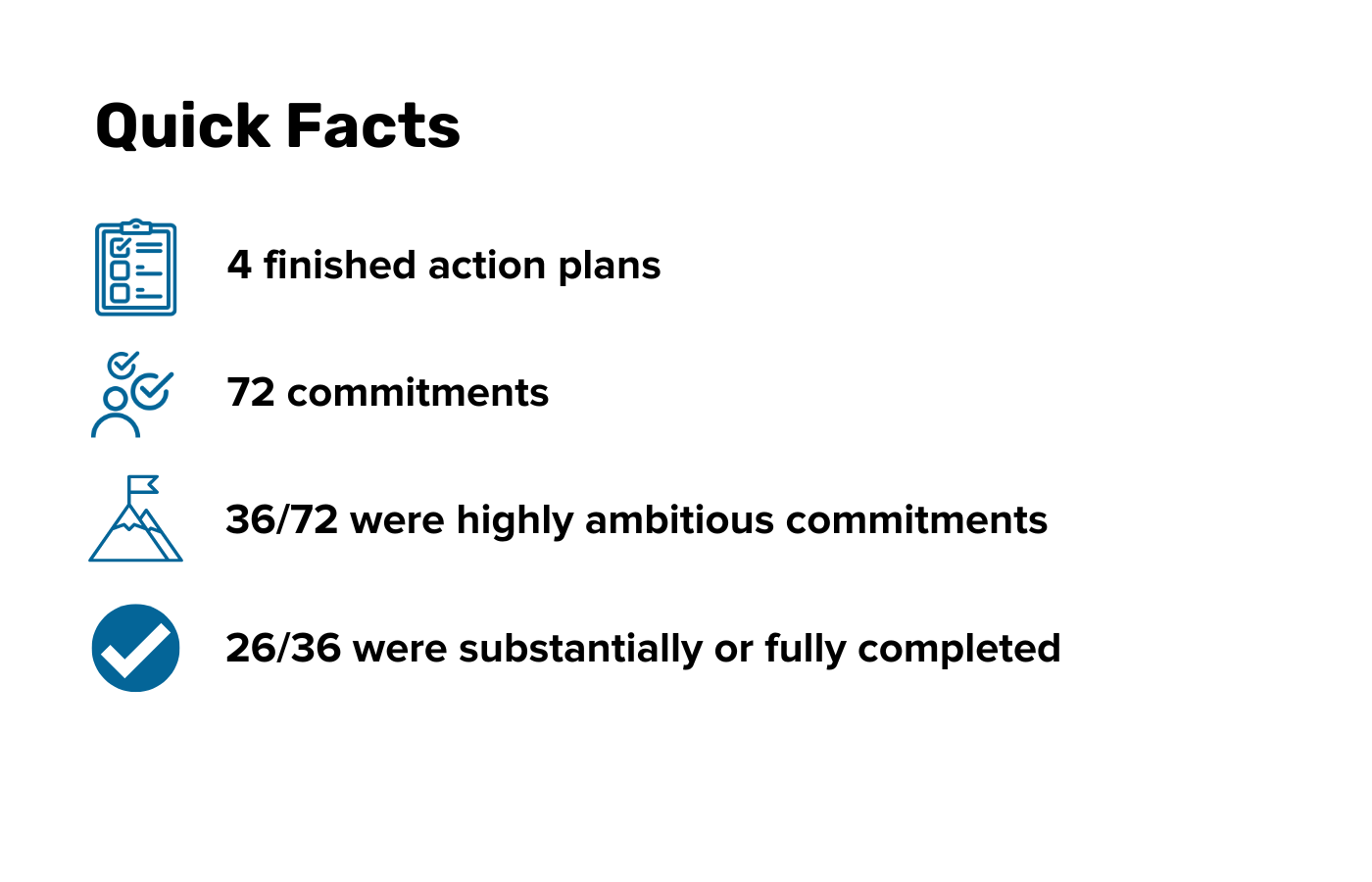
No comments yet
Related Content

Europe Regional Meeting
The OGP Europe Regional Meeting will take place on October 11-12, 2022 in Rome, Italy.

Italy
Italy has delivered their 2024-2026 Action Plan.

Creating OGP’s Future Together – Strategic Planning 2023-2028
Help co-create OGP's new strategy. This page is your go-to resource for all the materials you need to host and join conversations and share your views on how OGP can…

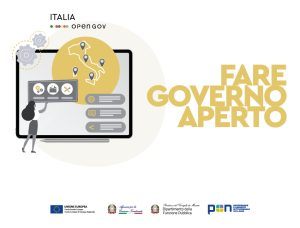
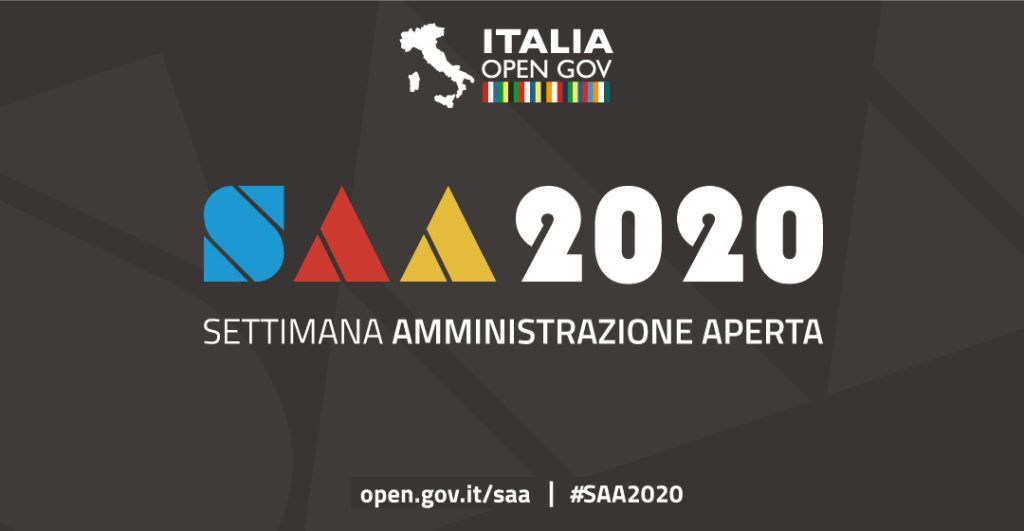
Leave a Reply